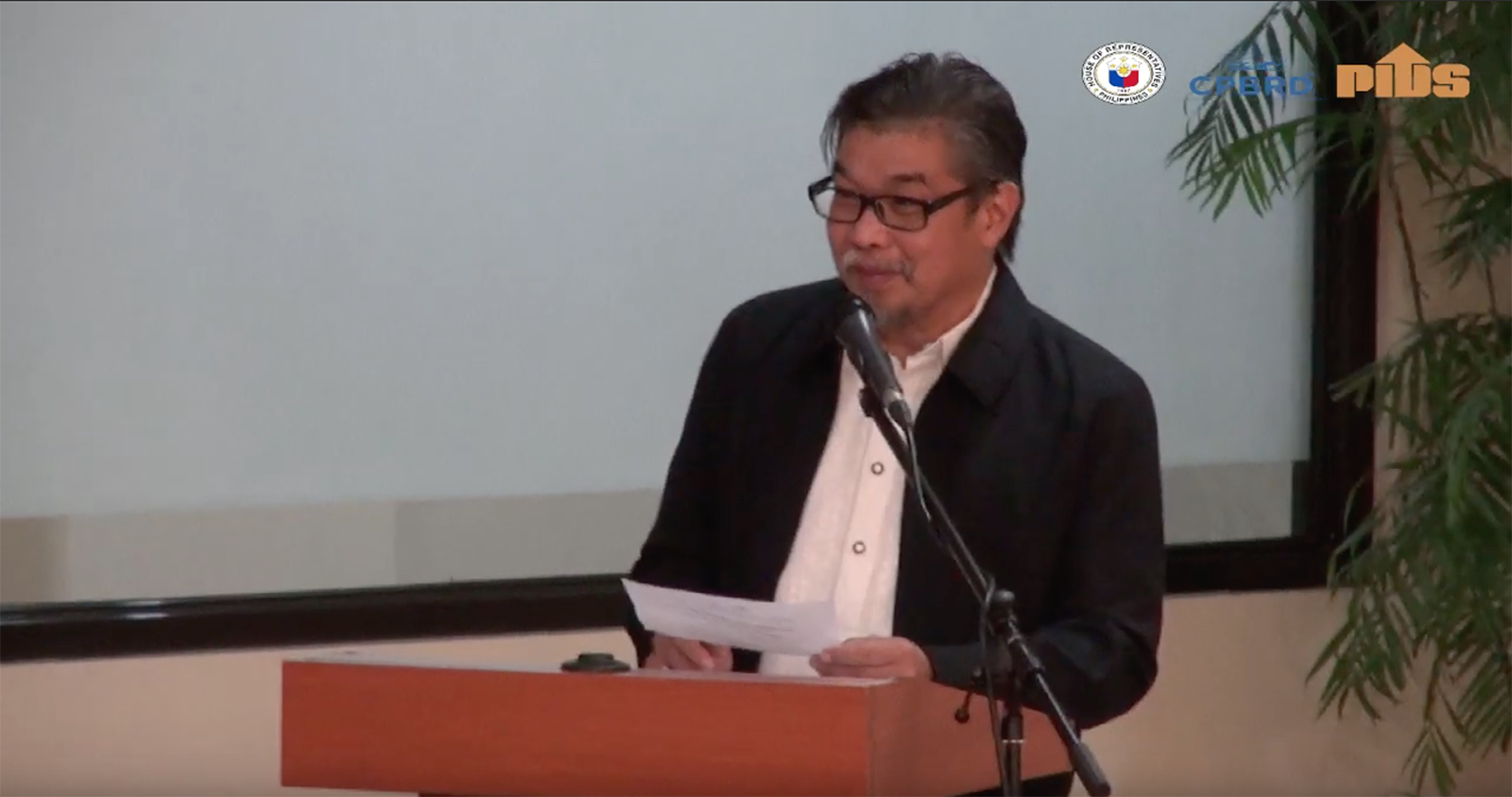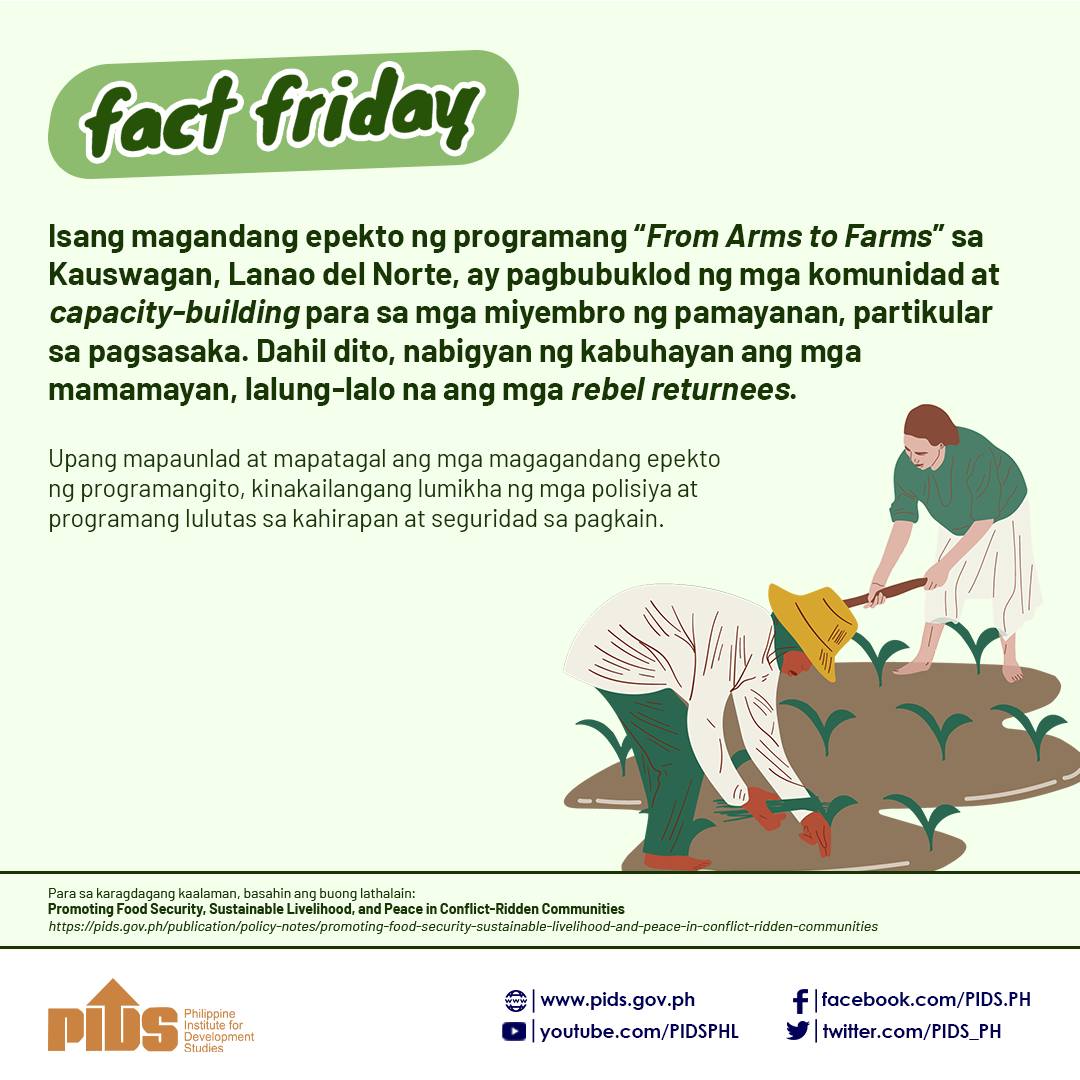FORMER Senate president Juan Ponce Enrile on Sunday warned that implementation of the rice tariffication law might lead to “over supply” of the staple that could affect local farmers.
The senator, who is seeking a comeback to the Senate, issued the warning a day after President Rodrigo Duterte signed the rice tariff bill into law.
The new law seeks to liberalize rice importation by replacing quantitative import restrictions with tariffs. It prevents the National Food Authority (NFA) from monopolizing the rice importation because private sectors will be allowed to import the grain.
The tariff is mandated at 35 percent for rice from members of the Association of Southeast Asian Nations (Asean) and 50 percent for non-Asean countries.
“When you bring in too much commodity from the outside, you deprive local farmers of their source of livelihood, so we should be using tariffs to protect them,” Enrile said.
“Farmers will not incur losses if [the government] only adheres to the rice tariffication law and relates [the tariffs] to the reasonable price of the commodity in the country.”
The Philippine Institute for Development Studies has projected a 29-percent decline in income once the rice tariffication law is implemented.
“If anybody can bring and supply that commodity, our farmers would suffer losses and prices would go down because you plant more than what is needed to cover the demand and that should be the standard of the tariff you need to enforce,” Enrile said.
Rice importers, he added, should be made to strictly follow the requirements for agricultural and food safety to ensure the protection of local farmers and the agriculture sector.
He proposed that a “minimum access volume” be imposed above, which higher tariffs would be implemented.
“We agree that we will allow a so-called minimum access volume for a product like rice to be exported from other countries at a very low level of tariffs,” he said.
“Now, anything above that minimum access volume should not be allowed to come in if we have sufficient supply. Without sufficient supply, we can allow it to come in but we can subject it to tariffs.
“The people will be hurt in the domestic market when you bring too much commodity from the outside and you deprive them of the source of livelihood,” he explained.
Repeal it
Shring Enrile’s concerns, Anakpawis party-list Rep. Ariel Casilao has vowed to file a bill that would repeal the tariffication Law.
“I refuse to accept that Filipinos will rely on rice coming from as far as 1,467 or 2,265 kilometers, to be freighted 907 or 1,418 nautical miles, which is totally contrary to food security,” the lawmaker said.
“Relying on other countries for food is not food security, and will threaten improved quality life for all, the basic human right to food, a self-reliant and independent economy, comprehensive rural development, agrarian reform and rights of farmers and farm workers,” he said.
The lawmaker said the law might result in the displacement of farmers, farm workers and small traders.
The Kilusang Magbubukid ng Pilipinas (KMP) said the law would directly affect 13.5 million palay farmers and their families, 17.5 million farm workers, and more than 10 million Filipinos dependent on NFA rice.
KMP chairman Danilo Ramos said the tariff law signified “the beginning of the end of the local rice industry.”
House Speaker Gloria Macapagal Arroyo, however, said the rice tariffication law would help ease inflation.
Arroyo, one of the authors of the rice tariff bill, had actively pushed for its passage. Duterte signed it into law on Friday, February 15.
“Now we can focus on its proper implementation so that everyone can and should benefit from the law,” Arroyo said.










